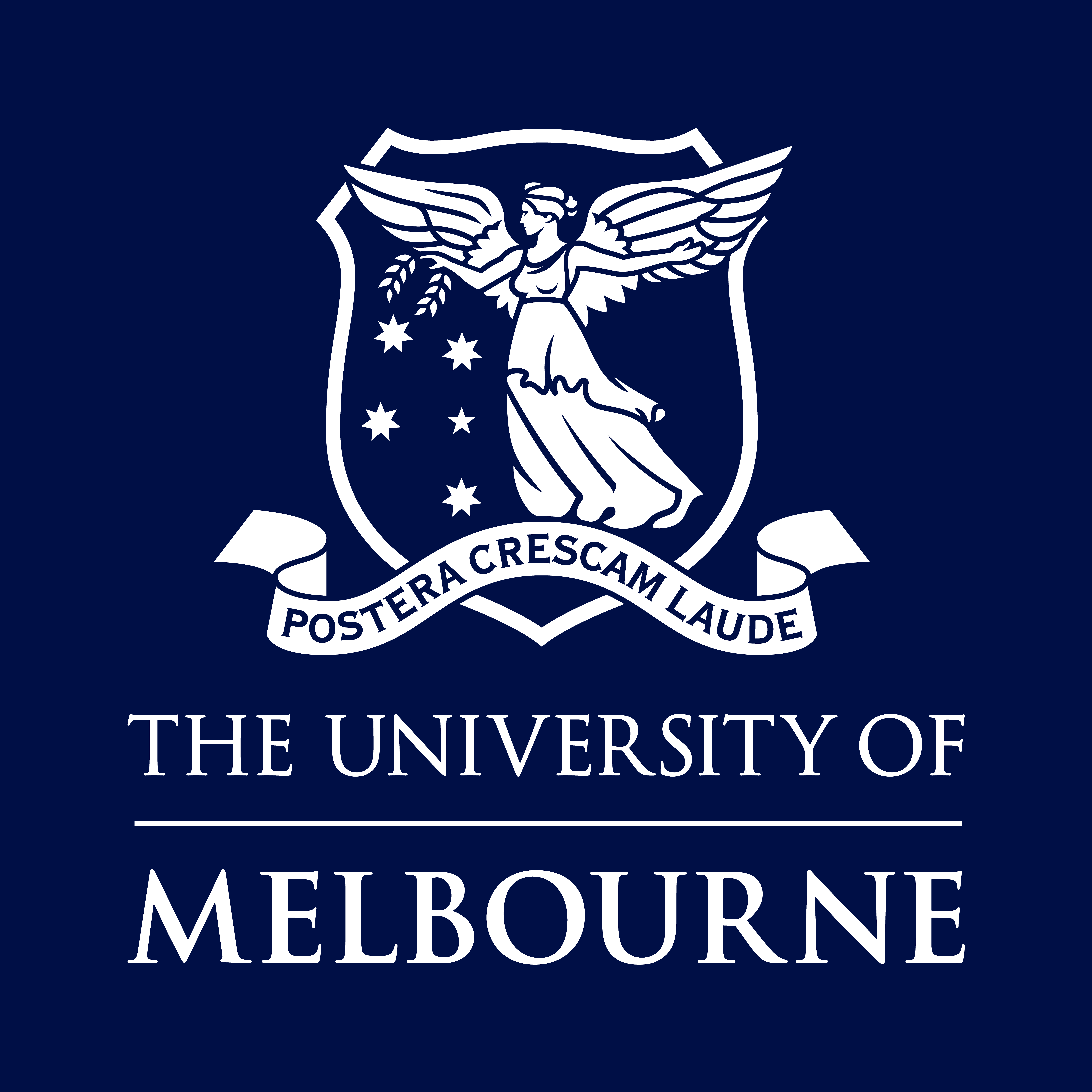Refine results
Level of study
Location
Study Mode
Field of study
Graduate Diploma in Aviation (LGAN)
- Mawson Lakes
- 1 years full-time
- Tuition fees: $115,800

Graduate Diploma of Aviation
- Online Study
- 2 years online/off-campus
- Tuition fees: $293,664

Graduate Diploma of Aviation
- Online
- 1 years online/off-campus
- Tuition fees: $31,760
Graduate Diploma of Aviation
- Hawthorn
- 1 years full-time
- Tuition fees: $31,920
Bachelor of Aviation (Management) (LBAN)
- Mawson Lakes
- 3 years full-time
- ATAR: 66 or above

Graduate Certificate in University Teaching
- Online | Also at 1 other campus
- 1 years part-time
- Tuition fees: $16,992
Bachelor of Aviation (Pilot) (LBAN)
- Mawson Lakes
- 3 years full-time
- ATAR: 69 or above

Graduate Diploma in Youth Mental Health
- Online
- 18 months part-time
- Tuition fees: $24,125

Diploma of University Studies
- Cradle Coast | Also at 4 other campuses
- 1 years full-time
